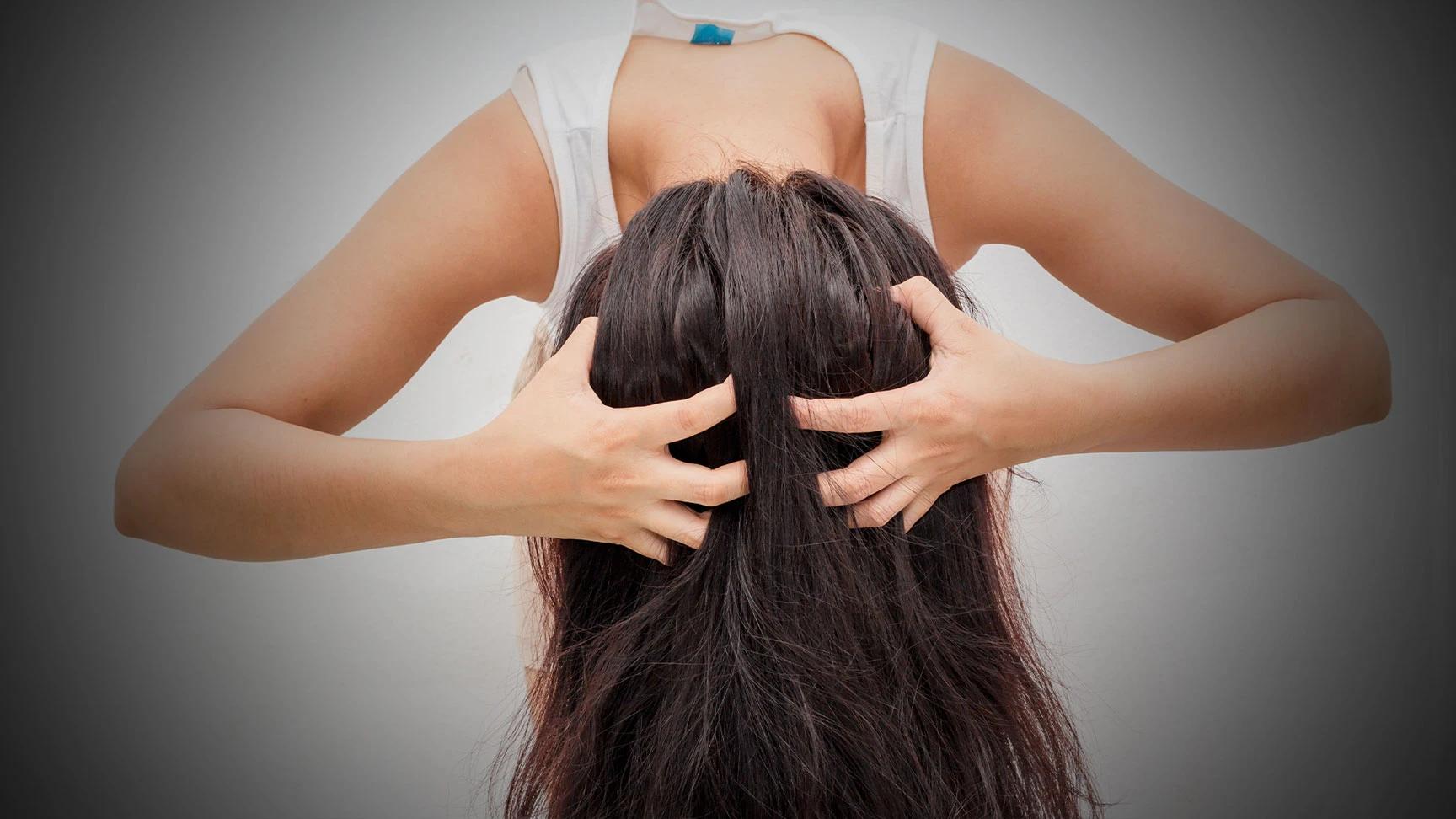natural hair growth remedies. Think of it as building a dream team for your hair health. Some excellent companions include rosemary oil for circulation, biotin for hair structure, and saw palmetto for DHT regulation.
Lifestyle factors play a huge role too. Regular exercise, adequate sleep, and a balanced diet all support ashwagandha's effects. When you're exploring different adaptogens for hair, consider herbs like rhodiola or ginseng that work synergistically with ashwagandha to manage stress and support overall vitality.
Creating a comprehensive routine doesn't have to be complicated. Start with ashwagandha as your foundation, then gradually add other elements based on your specific hair concerns and goals.
Frequently Asked Questions
How long does it take to see results from using ashwagandha for hair?
Most people start noticing changes in their overall stress levels and energy within 2-4 weeks of consistent use. For hair-specific benefits, you'll typically need to wait 2-3 months since hair growth cycles are naturally slow. Remember, hair grows about half an inch per month, so patience is key when trying any new hair treatment.
Are there any side effects of using ashwagandha for hair growth?
Ashwagandha is generally safe for most people, but some might experience mild stomach upset, drowsiness, or changes in blood sugar levels. If you're pregnant, breastfeeding, or have autoimmune conditions, it's best to avoid ashwagandha. Always consult with a healthcare provider before starting any new supplement routine.
Can ashwagandha help with all types of hair loss?
Ashwagandha is most effective for hair loss related to stress, poor circulation, or general health imbalances. It might not be as helpful for genetic pattern baldness or hair loss caused by medical treatments. However, its stress-reducing properties can benefit almost anyone dealing with hair concerns.
Is ashwagandha safe to use during pregnancy or while breastfeeding?
No, ashwagandha is not recommended during pregnancy as it may have uterine stimulant properties and could potentially cause miscarriage. It's also not recommended while breastfeeding due to insufficient safety data. If you're pregnant or nursing, focus on gentle, pregnancy-safe hair care options instead.
How does ashwagandha compare to other popular hair growth supplements?
Ashwagandha takes a unique approach by addressing stress and overall health rather than just targeting hair directly. While biotin focuses on hair structure and minoxidil targets blood flow, ashwagandha works on the root causes of hair problems. It's often most effective when combined with other targeted treatments rather than used as a standalone solution.
Final Thoughts
Ashwagandha's benefits for hair health are genuinely impressive, from reducing stress-related hair loss to supporting overall scalp wellness. This ancient herb offers a natural, holistic approach to hair care that addresses root causes rather than just symptoms. Whether you're dealing with thinning hair, scalp issues, or just want to support your hair's natural growth processes, ashwagandha deserves a spot in your wellness routine.
The beauty of ashwagandha lies in its gentle yet effective approach to hair health. Unlike harsh treatments that can damage your hair in the long run, this adaptogenic herb works with your body's natural processes to create lasting improvements. From stress reduction to follicle strengthening, it covers all the bases for comprehensive hair wellness.
When you're ready to explore the world of natural hair care and wellness products, Smytten makes it easy to discover what works for your unique needs. As India's largest product discovery and trial platform, Smytten connects you with over 1,500 trusted brands offering everything from Ayurvedic hair treatments to modern wellness solutions. With curated trial packs, you can explore ashwagandha-containing products and other herbal supplements for hair health without committing to full-size purchases. After all, why settle for 'maybe' when you can #TryItAll!
